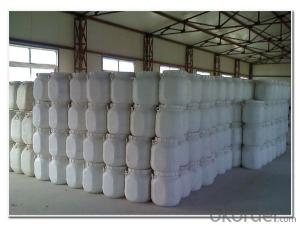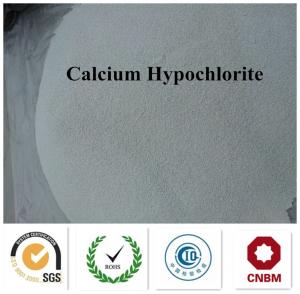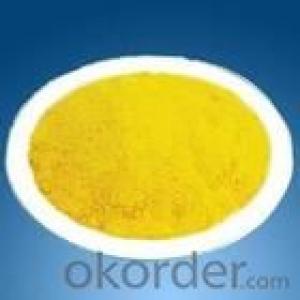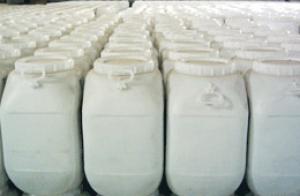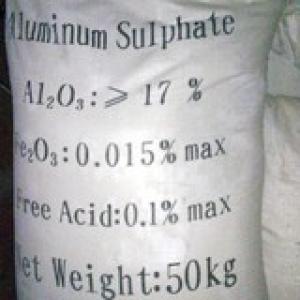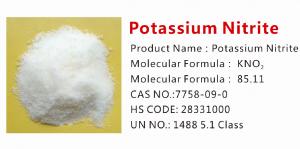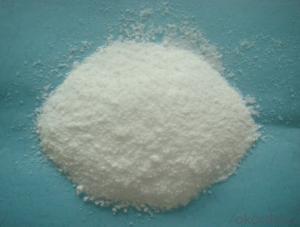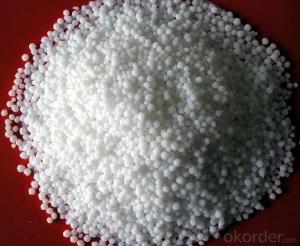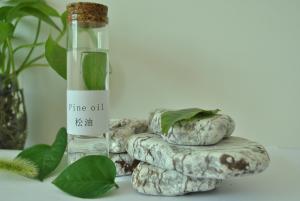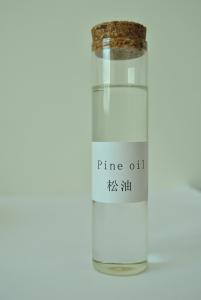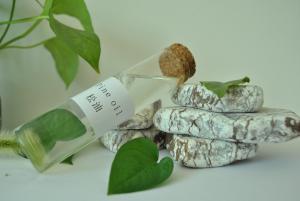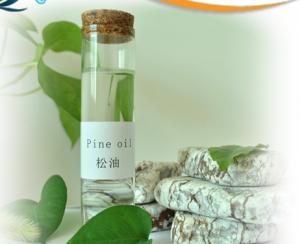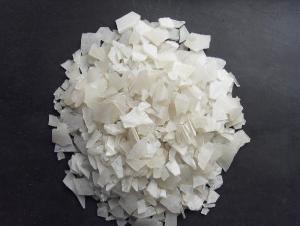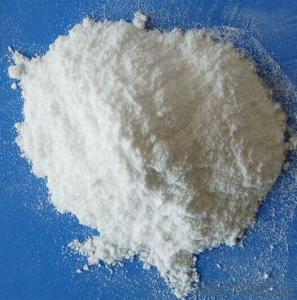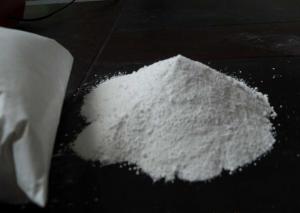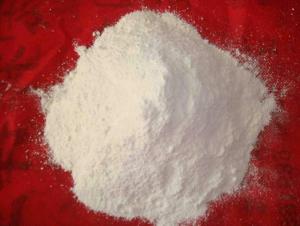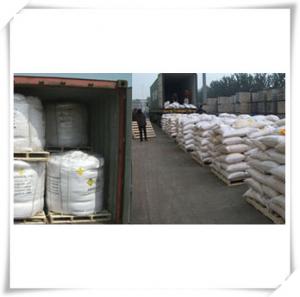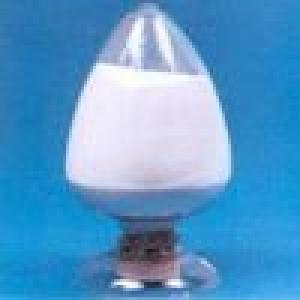Pine Oil with High Quality and Cheap Price and Strong Package
- Loading Port:
- Tianjin
- Payment Terms:
- TT or LC
- Min Order Qty:
- 17.6
- Supply Capability:
- 3000 m.t./month
OKorder Service Pledge
OKorder Financial Service
You Might Also Like
1. Structure of Pine Oil Description:
CAS NO.: 8002-09-3
MF: C10H17OH
PURITY:
Purity: 45% 50% 70% 80%
Packing&Delievery: 170kg/iron drum (Capacity of per 20'FCL: 80 drums,totally 13.6mt per container)
All year Delievery
2. Main Features of Pine Oil:
The pine oil is widely used in the flotation of various metallic and non-metallic minerals. It is mainly used in the flotation of various sulfide ores,such as lead,copper,zinc,and iron sulfide,and non-sulfide minerals. It exhibits some collecting properties,especially for readily floatable minerals such as talc,graphite,sulphur,molybdenite and coal etc.The froth produced by pine oil is more persistent than that produced by other frothers.As a good foaming agent of non-ferrous metals,has been widely used both at home and abroad,with low foam,high concentrate grade,strong adaptability,fine and dense foam and the foaming speed and defoaming speed is fast,easy operation,no impact on subsequent flotation and is appropriate the separation of polymetallicore.
3.Pine Oil Images



4.Pine Oil Specification
Item | 50% | 65% | 70% | 85% |
Appearance | Slight-yellowish or brown-yellowish oil-shape liquid. | |||
Color and state( Max). | 6 | 6 | 6 | 6 |
Content of water (Max). | 0.7 | 0.7 | 0.7 | 0.7 |
Total acid value (Min) | 50 | 65 | 70 | 85 |
Gravity | 0.866 | 0.90-0.92 | 0.90-0.92 | 0.92-0.94 |
Distillation range(°C) | 168-230°C | 170-225°C | 170-225°C | 190-225°C |
Impurities(MAX) | 0.5% | 0.5% | 0.5% | 0.5% |
PH value | 5-7 | 5-7 | 5-7 | 5-7 |
Impurity( Max). | 0.5 | 0.5 | 0.3 | 0.3 |
5.FAQ
1)How many tons does your factory can supply each moth?
30000tons/month
2)How to quarantee the quality of the products?
you can arrange SGS&BV or other quality inspection.
3)How many days you need to pepare the cargo after we made the order?
- Q: The effect of inorganic salt medium and the difference with enrichment medium
- The enrichment of nutrients is based on the basis of nutrition based on some kind of nutrient-rich substances for the target cells, the purpose is to increase the number of target cells, so that the formation of growth advantages, so as to achieve the purpose of separation, such as we have to be separated Pseudomonas aeruginosa, this bacteria particularly like blood, so you can add blood in the medium, so that the formation of growth advantages of this bacteria.
- Q: What is the inorganic salt
- Inorganic salts are inorganic compounds in the salt, formerly known as minerals, the body has been found in more than 20 species, including constant elements of calcium, phosphorus, potassium, sulfur, sodium, chlorine, magnesium, trace elements are iron, zinc, , Chrome, cobalt, iodine, etc. If you pay attention to diet diversification, eat less animal fat, eat brown rice, corn and other coarse grains, do not eat too much refined flour, the body can make the inorganic salt to maintain normal level.
- Q: are there any other foods than water and salt that have an abiotic origin (lifeless, inorganic)?
- Various minerals we need, like iron, zinc, magnesium, etc. That's it. These also are not technically foods, as the first poster said.
- Q: Several inorganic salts are lacking in symptoms and food sources
- Phosphorus-containing inorganic salts of food sources: seafood and so on
- Q: Sodiumcorbonate is inorganic salt , why it is not organic substance even it contains carbon?
- Na2CO3 is joined by ionic bond not covalent C-C bond in organic molecules. @the other answerer: LOL! maybe i should expect a TD, too. Another problem with this section is students know how to ask but never know how to say thank you. Rarely do i see an asker selecting a BA. If i see one who does, whether i get the BA or not, i will definitely answer another question from that person.
- Q: I am an AP biology student testing how magnesium effects the rate of photosynthesis in a plant. However since my class period is only one hour long I highly doubt if i add epsom salt to the soil ( after mixing it with water) i will see an immediate increase in the rate of photosynthesis. So i need to know how long should i wait to test photosynthesis rates after adding an epsom salt solution to the soil of a plant. Or how long does it take for magnesium to be incorporated into a plants rate of photosynthesis. Thanks in Advance!
- Magnesium sulfate (or magnesium sulphate) is an inorganic salt (chemical compound) containing magnesium, sulfur and oxygen, with the formula MgSO4. It is often encountered as the heptahydrate sulfate mineral epsomite (MgSO4·7H2O), commonly called Epsom salt, Magnesium is part of the chlorophyll in all green plants and essential for photosynthesis. It also helps activate many plant enzymes needed for growth. Rate of photosynthesis does not depend upon any single factor . so it is futile to expect it should increase after addition of epsom salt to soil in solution form . Because first it should be incorporated in chlorophyll molecule . That depends upon formation of new leaves . Old leaves already have it ( formula of chlrophyll a = C55 H72 O5 N4 mg ) That is the requirement is just one atom per molecule . what to do with excess ? Unless the soil is deficient in Mg . It it useless to add it . soil pH is another factor to be considered = Soil pH (a measure of the acidity or alkalinity of the soil) Soil pH is one of the most important soil properties that affects the availability of nutrients. Macronutrients tend to be less available in soils with low pH. Micronutrients tend to be less available in soils with high pH. www.ncagr /cyber/kidswrld/plan...
- Q: In order to prove that magnesium is an essential salt for soybean life, two soybean seedlings with the same growth status are taken, one of them is cultured in magnesium-containing culture medium and the other is cultured in (). A. Pure water B. Sand without sand. Water containing only magnesium. Media containing no magnesium
- Biological control experiments were the only variable experiments. The question that is being explored is the variable, and the other quantities are the same. In a different amount (conditions) the same circumstances to modify a data variable in order to get the data variables on the experimental changes in the law. In order to prove that magnesium is essential for the life of soybeans, the variable is the presence or absence of magnesium. Can be designed as a magnesium-containing culture medium and magnesium-free culture medium. The other amount of the same as the amount of culture medium, soybean seedling growth status, the same number, while placed in the same place, etc., to ensure that only one variable that is the presence of magnesium.
- Q: Common inorganic salt ions will appear when the corresponding symptoms
- Calcium ion: detoxification, osteoporosis
- Q: As if there are two kinds of nitrogen, phosphorus and potassium, hoping to get answers and explain their respective roles
- (N) Nutrition: Nitrogen is necessary for the growth and development of plants. Usually, the total amount of nitrogen in plants is not too high, such as 1.0-2.0% of the whole plant. The plant is a plant with high nitrogen content, and the nitrogen content in the plant leaves is about 3.5-5.0% of its dry weight.The nitrogen is mainly absorbed in the form of ammonium nitrogen and nitrate nitrogen, and some small molecules of organic nitrogen Such as urea can also be absorbed by plants.Now is the main component of protein, accounting for about 16-18% of the protein content in the cytoplasm and the nucleus are containing all the enzymes are also the main body of the protein.In addition, the nucleic acid, Phospholipids, chlorophyll, coenzyme and other compounds contain nitrogen
- Q: What is the use of inorganic salts in plants? How is it discharged
- Not just light plants, for the body, the inorganic salts are essential. Can provide the necessary elements, including a large number of elements C, H, O, N, S, P, K, Ca, Mg. Trace elements Fe, Mn, B, Zn, Cu, Mo, Cl, Ni, etc. For plants, inorganic salts are also essential. The inorganic salts provide C, H, O are the essential elements of the constituents of the carbohydrate, N is the essential element that constitutes the protein, P is the essential element that constitutes ATP and DNA, and so on, including trace elements such as: B, Will cause the plants to flow only without fruit. These elements may be provided in the form of inorganic salts. So inorganic salts are necessary for plants. On the issue of discharge. Plants will use these elements, C, H, O synthetic carbohydrates, in the role of respiration when the decomposition of carbon dioxide and water to the nature of the. Plants also store oil and fat, protein, such as peanut oil and protein content is high. In general, the plant is the inorganic salt into organic matter and stored, through the decomposition of part of the organic matter to breathe in the form of other inorganic substances. Apoptosis is also the way in which the inorganic salts it absorbs are discharged in the form of organic matter. In general, the inorganic salts absorbed by the plant are discharged in the form of other inorganic substances (respiration) or in the form of organic matter (apoptosis). Plants will use these inorganic salts.
Send your message to us
Pine Oil with High Quality and Cheap Price and Strong Package
- Loading Port:
- Tianjin
- Payment Terms:
- TT or LC
- Min Order Qty:
- 17.6
- Supply Capability:
- 3000 m.t./month
OKorder Service Pledge
OKorder Financial Service
Similar products
Hot products
Hot Searches





